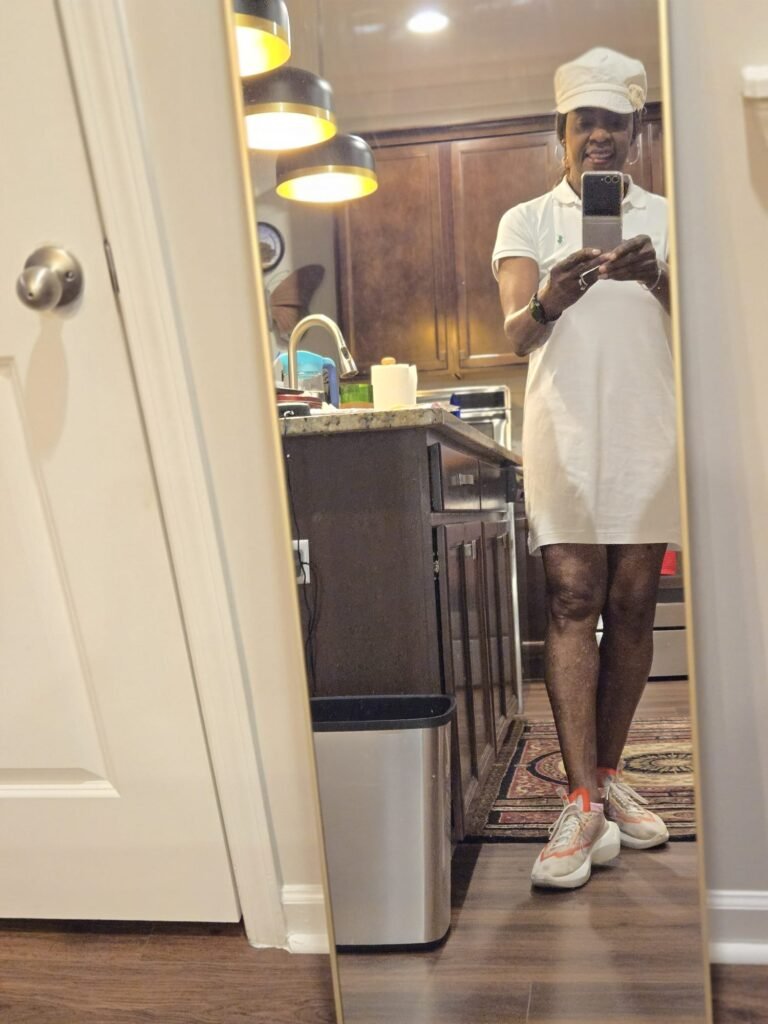Tennis as a Sport by Mattese Lecque stands out as a compelling narrative about more than just hitting balls over a net. Lecque brings a fresh voice to the timeless sport, spotlighting how tennis teaches discipline, builds physical strength, and sharpens mental agility. Played on various surfaces like clay, grass, and hard courts, tennis challenges players across all skill levels. From amateurs to pros, tennis provides unmatched health benefits and intellectual stimulation, making it one of the most engaging sports worldwide.
About Mattese Lecque
Mattese Lecque is a dedicated tennis enthusiast, educator, and advocate for lifelong sportsmanship. He has spent years analyzing tennis not just as a game, but as a transformative lifestyle. Lecque combines athletic knowledge with inspirational insight, encouraging people to embrace tennis for personal development, fitness, and confidence. His perspective continues to inspire players of all backgrounds, reinforcing why Tennis as a Sport by Mattese Lecque is worth exploring in depth.
History of Tennis
Tennis has evolved significantly since its origins in 12th-century France. Initially played with the hand, it later transformed into a racquet sport and spread across Europe. The 19th century marked the beginning of modern lawn tennis, leading to major tournaments like Wimbledon and the U.S. Open. Mattese Lecque often reflects on this rich legacy, noting how tennis has transitioned into a global symbol of excellence, tradition, and competitive spirit.
Understanding the Game
At its core, tennis is a strategic game where players rally to score points and win sets. Matches are played in singles or doubles formats, usually in best-of-three or best-of-five sets. The scoring system—15, 30, 40, game—makes it unique among sports. Lecque emphasizes that winning in tennis is not just about physical prowess, but also psychological endurance and tactical planning. Whether you’re playing casually or in a tournament, tennis demands patience, agility, and intelligence.
Benefits of Playing Tennis
Mattese Lecque champions tennis as one of the most complete workouts. It improves cardiovascular fitness, muscle tone, flexibility, and hand-eye coordination. Research from the Mayo Clinic supports tennis as an effective cardiovascular exercise that lowers stress and boosts energy [1].
Key benefits of tennis include:
- Boosted heart and lung health
- Better reflexes and coordination
- Full-body strength building
- Reduced anxiety and stress
- Enhanced concentration and focus
As Lecque often points out, tennis can shape not just your physique, but your mindset too.
Choosing the Right Equipment
Tennis players rely on proper gear to perform at their best. Basic tennis gear includes:
- A racquet suited to your playing level
- Non-marking tennis shoes
- Tennis balls (pressurized or pressureless)
- Lightweight, breathable clothing
Mattese Lecque recommends starting with a beginner-friendly racquet and gradually upgrading as you refine your skills. He also stresses the importance of shoes designed specifically for court surfaces to prevent injuries and improve performance.
Famous Tournaments and Players
Global tennis tournaments like the Australian Open, Wimbledon, and US Open feature some of the greatest athletes in history. Serena Williams, Roger Federer, Novak Djokovic, and Rafael Nadal have set the bar high for future generations. Mattese Lecque highlights how these athletes showcase not just raw talent but also humility, work ethic, and mental resilience.
These tournaments continue to inspire millions and reflect Lecque’s core message: tennis is more than a game—it’s a journey of growth.
Why Tennis Is a Lifelong Sport
Unlike many high-impact sports, tennis can be enjoyed at any age. Whether you’re a child learning to serve or a senior enjoying weekend rallies, tennis remains accessible and rewarding. Mattese Lecque describes tennis as a lifelong companion—it evolves with you, offering new challenges and achievements at every stage of life.
Getting Started with Tennis
Getting into tennis is easier than ever. Community courts, online tutorials, and beginner clinics make it simple to start. Lecque recommends:
- Signing up for beginner classes
- Practicing footwork and basic strokes
- Playing regularly with partners of similar skill
- Setting small, achievable goals
With the right approach, anyone can develop a passion for tennis and enjoy its many rewards.
Conclusion
Tennis as a Sport by Mattese Lecque is not just an exploration of a popular game—it’s a celebration of perseverance, health, and self-discovery. Through Lecque’s insightful lens, tennis is portrayed as a dynamic blend of strategy, fitness, and joy. Whether you’re an aspiring player or a seasoned athlete, embracing tennis can enrich your life physically, mentally, and socially.
Mattese Lecque’s work encourages everyone to see tennis not as a challenge, but as an opportunity—to improve, to connect, and to thrive.

